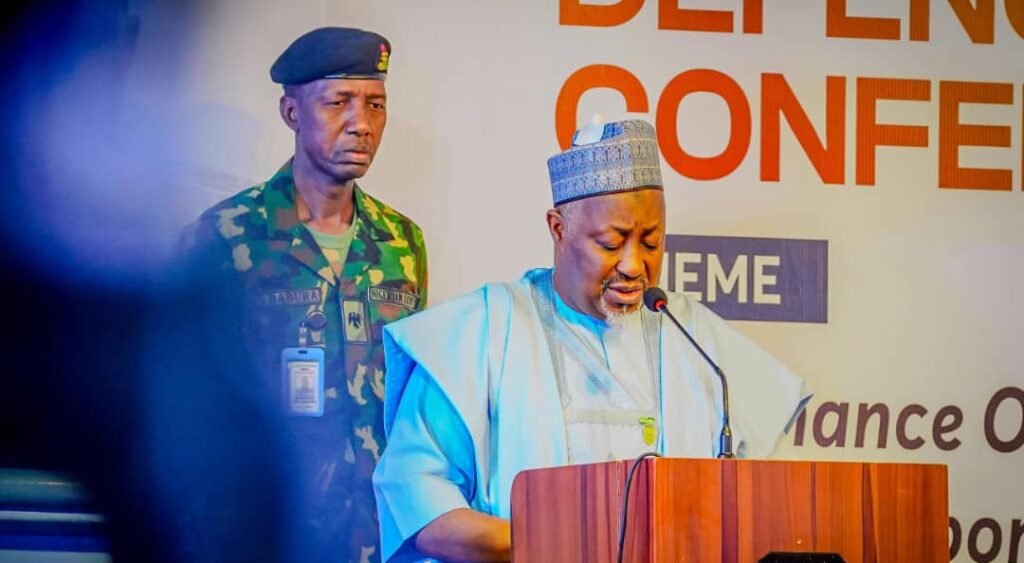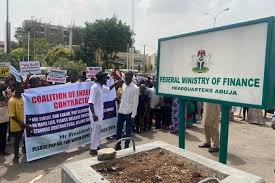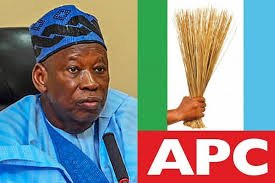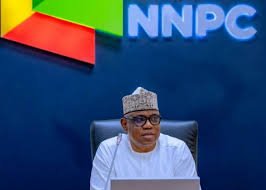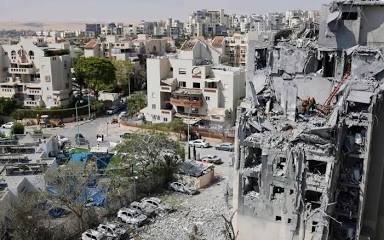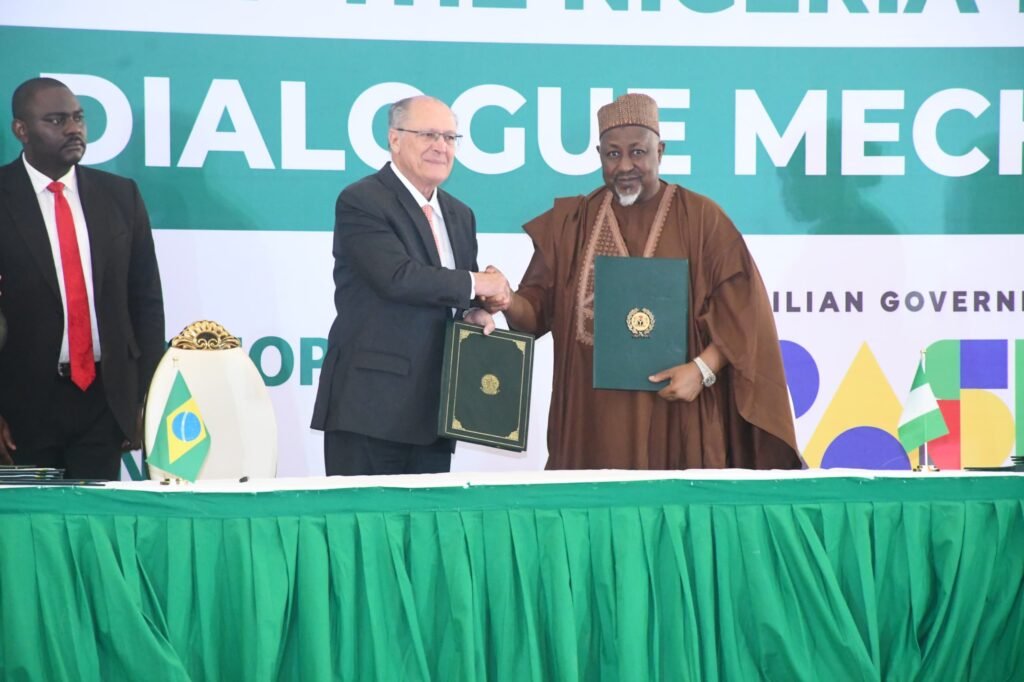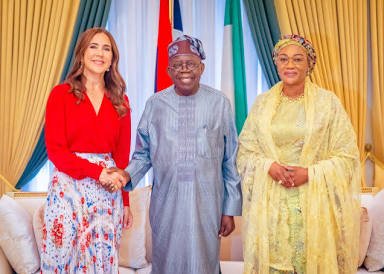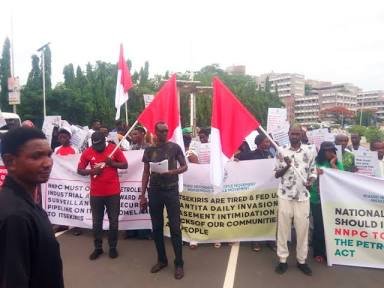DANGOTE PETROLEUM REFINERY TO BEGIN DISTRIBUTION OF PMS AND DIESEL NATIONWIDE
Dangote Petroleum Refinery has announced the commencement of a significant national initiative designed to transform Nigeria’s fuel distribution landscape. Effective August 15, 2025, the Refinery will begin distributing Premium Motor Spirit (PMS) and diesel to marketers, petrol dealers, manufacturers, telecoms firms, aviation, and other large users across the country, with free logistics to boost the distribution network. To ensure a smooth takeoff of this scheme, Dangote Refinery has invested in procuring 4,000 brand-new Compressed Natural Gas (CNG)-powered tankers. The refinery is also investing in CNG stations, supported by a fleet of over 100 CNG tankers across the country, to ensure seamless product distribution. “This strategic programme is part of our broader commitment to eliminating logistics costs, enhancing energy efficiency, promoting sustainability, and supporting Nigeria’s economic development,” the refinery stated. “It affirms our dedication to improving the availability and affordability of fuel, in support of broader efforts to strengthen the economy and improve the well-being of all Nigerians.” Under this initiative, all petrol stations purchasing PMS and diesel from the Dangote Petroleum Refinery will benefit from enhanced logistics support. Key sectors such as manufacturing and telecommunications will also gain from this transformative initiative, as reduced fuel costs will contribute to lower production costs, reduced inflation, and foster economic growth. The refinery will offer a credit facility to those purchasing a minimum of 500,000 litres, allowing them to obtain an additional 500,000 litres on credit for two weeks under bank guarantee. “Our goal is to provide equitable access to affordable fuel for all Nigerians, regardless of location, making energy more accessible and sustainable for everyone, wherever they may be,” the refinery stated. This initiative is expected to revitalise previously inactive petrol stations, drive job creation, stimulate small and medium-sized enterprises (SMEs), increase government revenue, improve fuel access in rural and underserved communities, and strengthen investor confidence in Nigeria’s downstream petroleum sector. The registration process, including Know Your Customer (KYC) verification, will take place from June 16 to August 15, spanning 60 days. Interested parties can contact +234 707 470 2099, +234 707 470 2100, +234 816 961 8390, +234 703 796 8308, +234 812 362 2893 or email sales.enquiry@dangote.com for enquiries.


